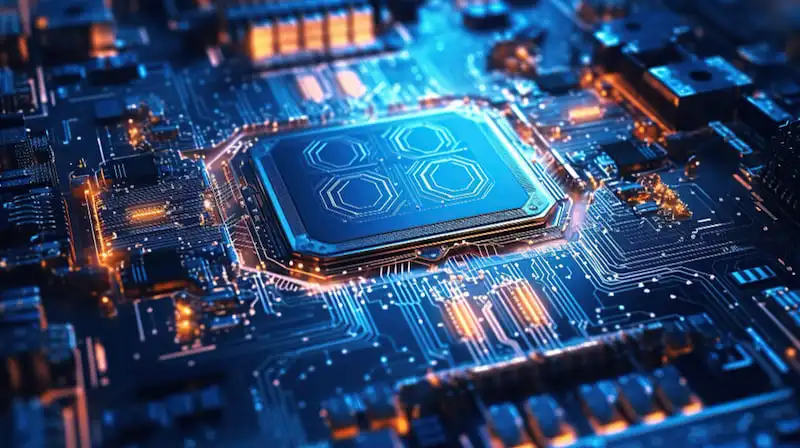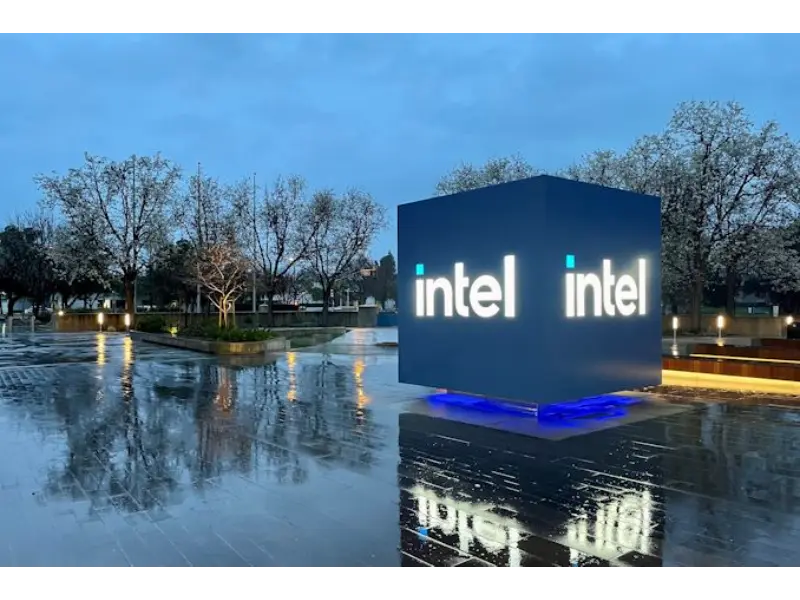- Geo-Economic Dynamics: Explore the complex interplay between Israel’s grant to Intel and the ongoing conflict, delving into the potential influence on political and economic interests.
- Public Interest Assessment: Examine the efficiency of resource allocation, questioning whether the investment in Intel aligns with societal development needs and if alternative projects could better serve the public interest.
- Global Tech Strategy: Analyze Intel’s investments worldwide, questioning the unique role of Israel in the global tech ecosystem and whether Intel is strategically positioning itself to maximize profits.
Israel’s government has agreed to grant Intel $3.2 billion for a new $25 billion chip plant in southern Israel, marking the largest investment ever by a company in the country. This move is significant amid the ongoing conflict with Hamas and demonstrates major U.S. support for Israel. Intel’s expansion in Kiryat Gat, near Gaza, aims to enhance its global supply chain resilience. The investment is part of Intel’s strategy, under CEO Pat Gelsinger, to compete with AMD, Nvidia, and Samsung, with the Israeli plant being the latest in a series of global investments. Intel’s investment will span over five years, and it plans to pay a corporate tax rate of 7.5%, up from the previous 5%.
Intel’s investment in Israel includes a $3.2 billion grant from the government for a new $25 billion chip plant in southern Israel, making it the largest-ever investment by a company in the country. This comes amid the Israel-Hamas conflict and serves as strong U.S. support for Israel. The expansion in Kiryat Gat is part of Intel’s global supply chain strategy, aiming to compete with AMD, Nvidia, and Samsung. Under CEO Pat Gelsinger, Intel has invested in chip-making facilities worldwide. The Israeli plant is the latest in these investments. Intel will pay a 7.5% corporate tax rate over five years, and the Israeli government’s grant is 12.8% of the total investment. The new facility is expected to create thousands of jobs and generate economic benefits for Israel.

Also read: Intel, Nvidia, AMD: Who is going to win the AI chip race?
What sparks Intel’s massive investment in Israel? Unpacking geopolitical, economic, and tech implications
This substantial investment prompts a range of thought-provoking questions, urging us to critically reflect on several key aspects. Firstly, in the context of the ongoing conflict with Hamas, one wonders about the intricate relationship between the Israeli government’s decision to grant substantial funds to Intel and the geopolitical landscape. Does this reflect a complex interplay of political and economic interests, and to what extent might this investment influence the current conflict, if at all?
Moving on, we should assess the alignment of this investment with the public interest. While the government asserts that it will generate employment and future economic benefits, we must scrutinize whether this represents the most efficient use of resources. Are there alternative projects or sectors that better serve societal development and public needs, warranting such significant financial support?
Furthermore, against the backdrop of fierce global competition in the semiconductor industry, Intel’s prior investments in Europe and the United States raise intriguing questions. Does this indicate a unique role for Israel in the global tech ecosystem, or is Intel strategically maneuvering to maximize its profits?
Lastly, we cannot overlook the potential implications of this investment on regional stability and the global supply chain. Given Israel’s sensitive geographical location, especially its proximity to Gaza, does this investment heighten the uncertainty of the global semiconductor supply chain? Will it amplify the fragility of this chain during periods of geopolitical tension?In conclusion, the decision to undertake this investment opens the door to a range of discussion-worthy topics encompassing political, economic, social, and geopolitical considerations. Through a nuanced analysis and critical perspective, we can gain deeper insights into the multifaceted impacts of this event and engage in more profound discussions about the challenges and opportunities it presents.

